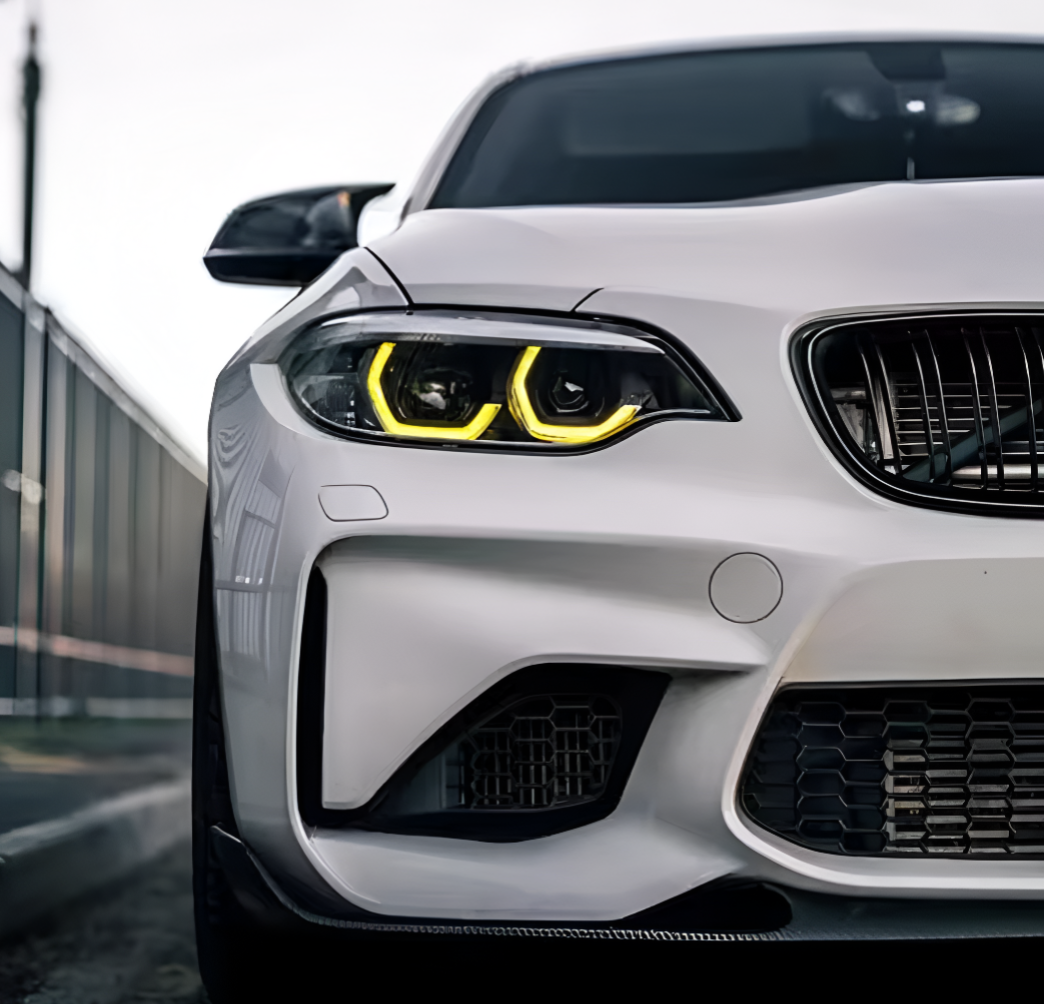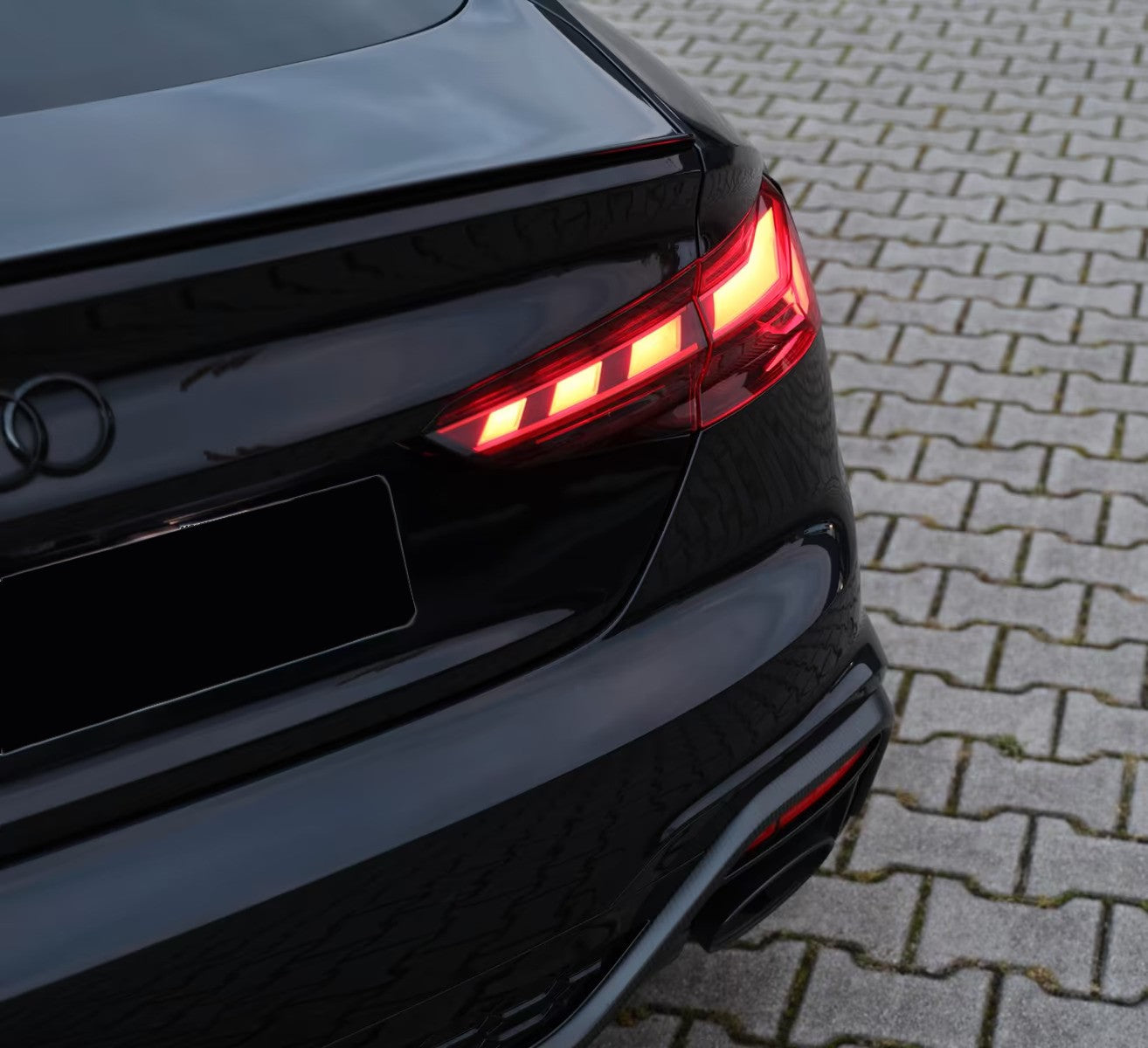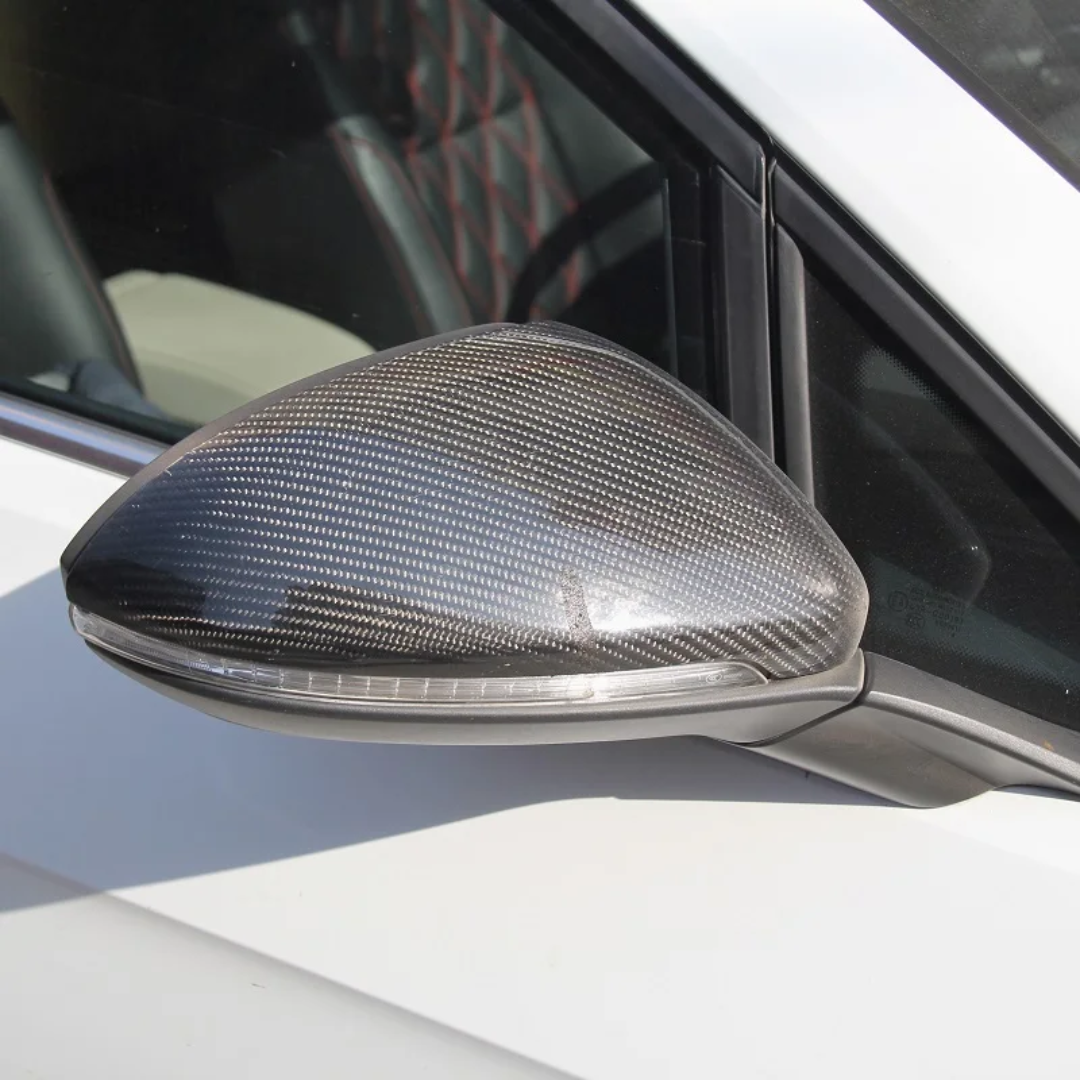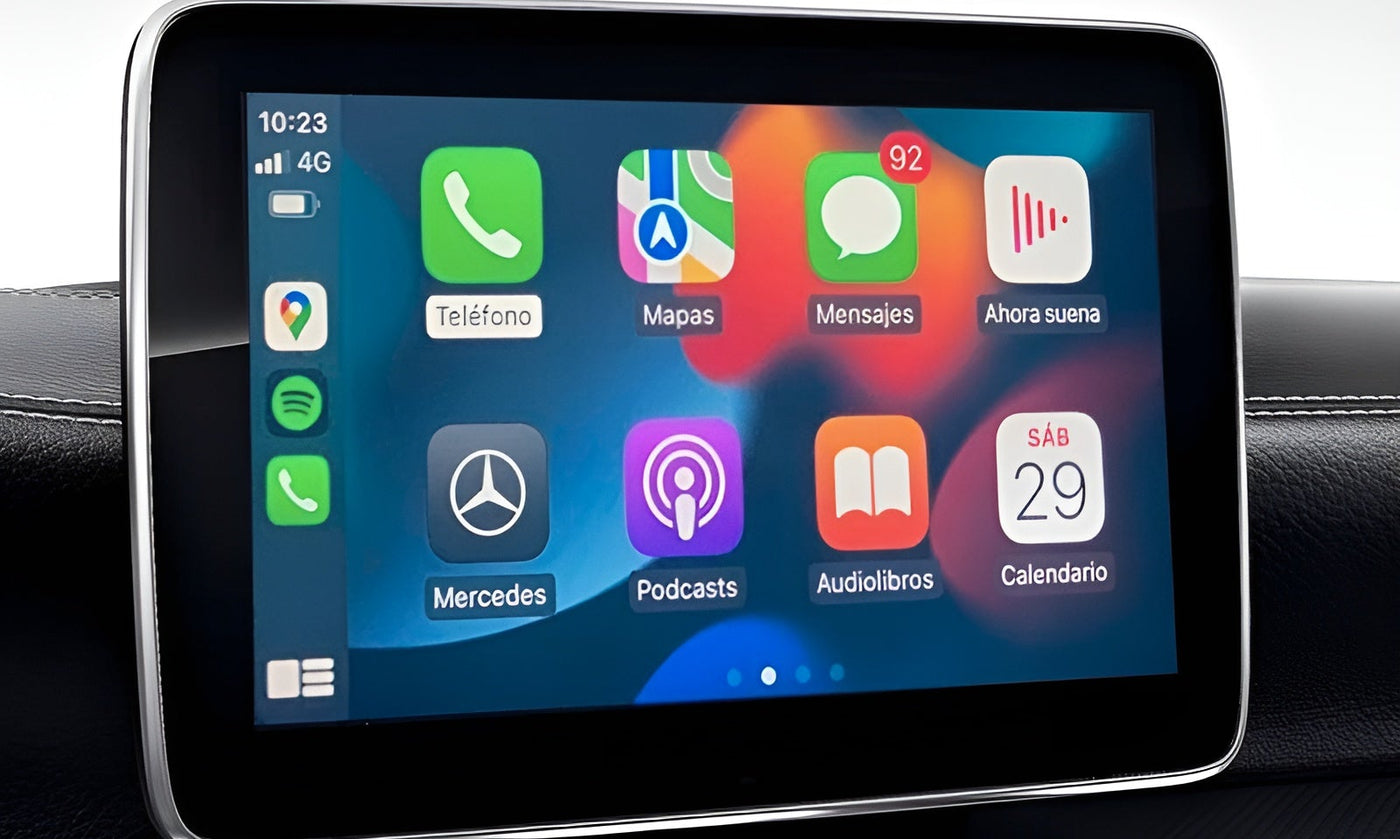BMW 3 Series F30 Buying Guide: Which Models to Choose and Which to Avoid
The BMW 3 Series F30 offers an excellent balance of premium comfort, rear-wheel-drive dynamics, and a genuinely engaging driving experience — especially in M Sport trim.
This guide will help you understand which versions to look for, which to avoid, and what key issues to check when buying a used F30.
If you already own one, visit our BMW 3 Series F30 shop section
Find performance accessories that enhance your car’s style and driving experience — including CarPlay modules, gloss black grilles, and carbon interior upgrades.
316i, 320i, and 328i (Pre-facelift – N13 and N20 Engines)

The entry-level 316i uses a detuned version of the same 1.6-liter turbocharged N13 engine found in the 320i, while the 328i features the larger 2.0-liter N20 four-cylinder.
Both use direct injection and a single twin-scroll turbocharger.
Common reliability issues (N13 / N20)
These engines are known for several recurring mechanical weaknesses:
-
Timing chain stretch: A frequent problem, especially on higher-mileage cars. Plastic guides can break, leading to catastrophic engine failure. Listen carefully for rattling noises at idle or during cold starts.
-
Turbocharger hoses: Intake and vacuum lines may crack with age, leading to boost leaks, loss of power, or irregular acceleration.
-
Oil consumption: Can appear before 100,000 km (60,000 miles). Main causes include:
-
Failing PCV valve (crankcase ventilation) — often repairable by replacing the valve cover or its internal membrane.
-
Valve stem seal wear — results in blue smoke on acceleration after idling.
-
Valve cover gasket leaks — check under the engine cover for oil residue.
-
In severe cases, piston ring or cylinder wear may require a full engine rebuild or replacement.
-
-
Coolant leaks: Frequently found at the rear of the engine block — check carefully for dried coolant residue or fresh leaks.
Driving potential
The 316i’s 1.6L turbo engine can easily reach over 200 hp with a simple ECU remap, offering strong value for budget-conscious enthusiasts.
318i and 320i (Post-facelift – B38 Engine)
From 2015 onward, the 318i and 320i switched to the 1.5-liter three-cylinder B38 engine — a much more reliable evolution.
Reliability overview
While rare cases of timing chain wear or thermostat failure have been reported, these are isolated issues rather than widespread flaws. Overall, the B38 is a significant improvement in reliability over the N13/N20 generation.
328i (Post-facelift – B48 Engine)

The B48 replaced the N20 in later 328i models, solving nearly all of the earlier engine’s chronic issues.
Key improvements
-
Reinforced timing chain system eliminates the N20’s weakness.
-
Improved oil separation design reduces consumption.
-
More consistent cooling system components.
The B48 offers smooth, durable performance and is generally considered one of the most dependable four-cylinder engines BMW has built in recent years.
Minor issues to check
-
Occasional coolant leaks from:
-
The upper radiator hose, or
-
The oil filter housing plate.
These are inexpensive and easily repaired.
-
335i (N55 Engine)
The BMW 335i uses the inline-six N55, widely regarded as one of BMW’s most balanced and reliable turbocharged engines.
Known issues
-
Carbon buildup on intake valves if the car is driven mostly in city conditions (direct injection).
-
Oil leaks from:
-
Valve cover gasket
-
Oil filter housing gasket
-
Oil pan gasket
-
Otherwise, the N55 is robust and capable of high mileage with regular maintenance and proper oil change intervals.
340i / M340i (B58 Engine)
The B58 six-cylinder — found in the 340i — is the star of the lineup. Often nicknamed the “German 2JZ”, it can reach around 400 hp with a simple software tune (Stage 1) while retaining OEM reliability.
Reliability summary
-
The B58 is one of BMW’s most dependable modern engines.
-
Only minor reports of carbon buildup exist on low-mileage cars driven too gently.
-
Regular oil changes and proper warm-up habits ensure long-term durability.
328d (N47 Engine)
The four-cylinder N47 diesel had a controversial reputation due to timing chain issues in early production. However, BMW progressively reinforced the design.
Evolution of reliability
-
Post-2011 versions saw major updates, reducing timing chain failures significantly.
-
From 2013–2015, further improvements made the N47 much safer.
-
By 2015, the issue was fully resolved, and the engine became a solid performer for long-distance drivers.
Which BMW F30 Models to Avoid — and Which to Choose
Avoid:
-
316i, 320i, and 328i (2011–2015) with N13 or N20 engines — prone to timing chain, oil, and turbo issues.
Recommended:
-
328i (2015 onward) with B48 engine — reliable and efficient.
-
328dd (all years) — proven diesel reliability.
-
335i and 340i (N55 / B58) — top picks for performance and longevity.
Maintenance and Buying Tips
BMW’s “long-life” oil service intervals are too optimistic for long-term ownership.
Follow these maintenance intervals for optimal reliability:
-
Gasoline engines: Oil change every 10,000 km (6,000 mi)
-
Diesel engines: Oil change every 15,000 km (9,000 mi)
-
Always use the BMW-recommended oil viscosity and quality filters.
-
Inspect timing chain noise, coolant leaks, and oil residues carefully.
-
Prefer cars with complete, verifiable service history.
For performance-oriented models like the 335i or 340i, check for signs of abuse:
-
Burnt or uneven tire wear (hard driving or drifting).
-
Blue-tinted brake rotors (heavy braking).
-
Heat-stressed tires or burn marks.
-
Ask the seller about warm-up and cool-down habits for turbo longevity.
Upgrade and Customize Your BMW 3 Series F30
Enhance your BMW 3 Series F30 with our exclusive selection of premium accessories and performance-inspired upgrades. Whether you drive a 316i, 320i, 328i, 330i, or 335i, our collection is designed to elevate both the look and driving experience of your car.
Give your F30 a sportier and more refined appearance with black BMW badges, gloss-black or carbon-fiber mirror covers, front lips, rear trunk spoilers, and M Performance-style body kits.

Inside, modernize your cockpit with CarPlay and Android Auto retrofit modules for seamless smartphone integration, or add a touch of motorsport elegance with carbon-fiber interior trim pieces and paddle shifter extensions.

We also offer black kidney grilles, LED Angel Eyes, diffusers, and side skirt extensions crafted for perfect OEM fitment.

Each product is built to last, ensuring durability, precision, and style. All items come with free shipping and a 1-year warranty, so you can upgrade your BMW F30 with complete confidence.
Final Thoughts
The BMW 3 Series F30 remains a fantastic choice among used premium sedans — modern, comfortable, and fun to drive.
The best engines (B48, B47, N55, B58, N57) offer a great blend of efficiency and reliability, while early N13 and N20 units should be approached with caution.
Choose a car with a transparent maintenance record, inspect the cooling and oil systems carefully, and you’ll enjoy a dependable and engaging daily driver that truly carries the spirit of the BMW brand.







